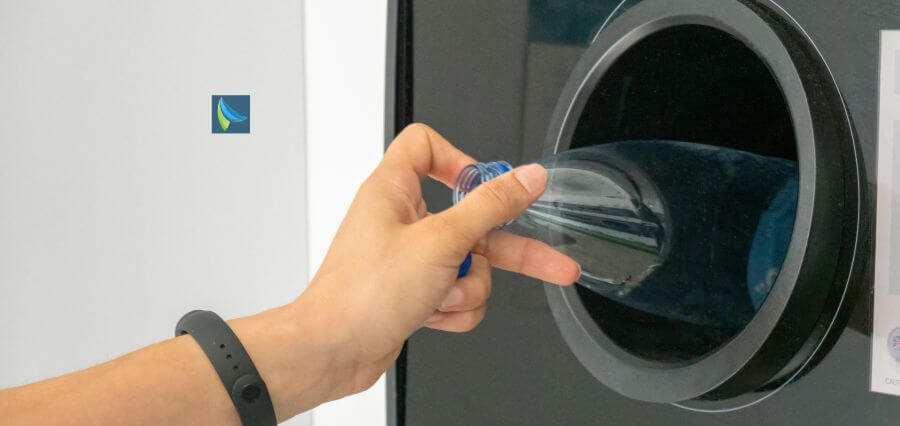Households hoarding or discarding plastic beverage bottles and cans have left millions of euros in unclaimed deposits at establishments participating in the Deposit Return Scheme.
In the first 40 days of the system, €1.2 million in deposits were refunded to clients in the form of vouchers distributed using reverse vending machines.
However, this is only a fraction of the total revenue the plan is thought to have generated over that time.
It suggests that shoppers are either keeping their empty containers until they have enough to return in bulk, or they are still disposing of them in recycling or rubbish bins.
On average, five million beverage bottles and cans are sold in Ireland each day, with the vast majority sold by retail shops that are now required to levy a deposit ranging from 15c to 25c per container, depending on size.
Ossian Smyth, the minister in charge, stated that this would result in the collection of €1 million in deposits per day.
Re-turn, the business conducting the scheme, stated that the daily limit had not yet been reached because some old stock was still being sold that did not trigger the charge.
“At this early stage, we cannot estimate how many deposits have been charged and therefore, cannot estimate how much in deposits are waiting to be claimed,” said a spokeswoman for the bank.
However, if even half of the drinks sold in the first 40 days triggered the charge, that would leave about €20 million in deposits to be recovered.
It has already been 55 days since the project began on February 1, although the most recent numbers available from Re-turn cover the period up to March 12.
In the 40 days leading up to that day, Re-turn collected nearly seven million containers, including 3.4 million plastic bottles and 3.6 million cans. This left around 193 million containers either awaiting return or already disposed of.
Customers received vouchers totaling €1.2 million in deposits for the seven million returned containers, although it is unclear how much of that has been redeemed.
According to Re-turn, the new arrangements are expected to take some time to settle in.
It predicted that shoppers will accumulate empty items before returning them, as well as vouchers before redeeming them.
While reverse vending devices send data to Re-turn about returned containers and issued vouchers, shops keep track of voucher redemptions.
Re-turn highlighted that coupons had no expiry date, but added, “We encourage consumers to use their vouchers as soon as possible to avail of the deposit.”
The representative went on to say: “The scheme and its return metrics are going to evolve rapidly, and trends will be difficult to establish within the first year.”
Unclaimed deposits cannot be held permanently by merchants or Re-turn, thus any cash that accumulates will be used to fund recycling projects.
Deposit return schemes are being rolled out in every EU country as a damage-limitation approach to the problem of excessive plastic use.


